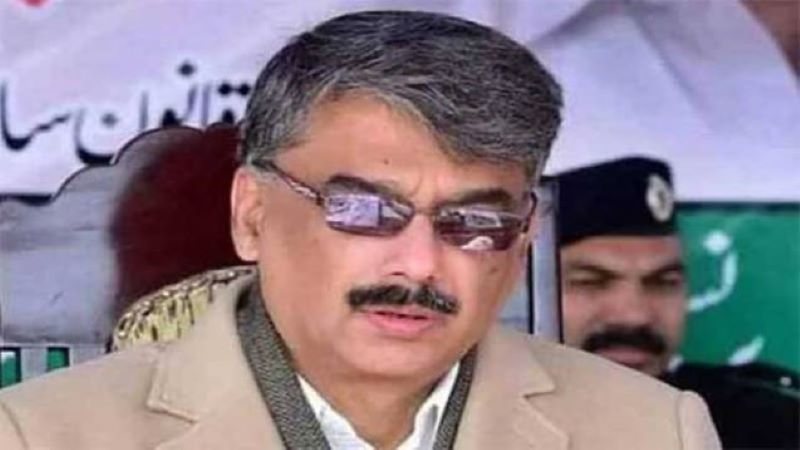MUZAFFARABAD: The political landscape of Azad Jammu and Kashmir (AJK) has been thrown into fresh turmoil as the Pakistan Peoples Party (PPP) moved a no-confidence motion against Prime Minister Chaudhry Anwar ul Haq, a development that could make him the fourth AJK prime minister to fall in just four years. The motion, backed by signatures from PPP lawmakers, also names senior party figure Faisal Rathore as their candidate to replace Haq.
The challenge comes amid growing frustration in AJK over what many residents describe as deepening political interference by rival Pakistani factions and the federal government in Islamabad. Critics say that successive AJK governments frequently reshuffled due to shifting alliances in Pakistan’s national politics; have struggled to address mounting public grievances, including entrenched corruption, dwindling job opportunities, and a stagnant business environment.
PPP leader Raja Pervaiz Ashraf claimed the party has the numbers to form the next government and restore “political stability” to a region increasingly weary of upheaval. Rathore, hailing from the remote Haveli district, comes from a family with a long association with the PPP.
Under assembly rules, the submitted motion must be placed on the legislature’s agenda within three to seven days, after which the speaker is constitutionally required under Article 18 to set a date for a floor vote. Once that date is fixed, the assembly cannot be adjourned until the vote is held. If the motion fails, no new attempt may be made for six months.
But beyond the procedural drama, many in AJK see the episode as another sign of broader dysfunction. With unemployment soaring, small businesses folding, and corruption scandals routinely erupting, public trust in political leadership has eroded sharply. Civil society groups argue that repeated power struggles between Islamabad-aligned factions have diverted attention from infrastructure needs, youth development, and investment in the region’s fragile economy.
As yet another prime minister faces potential ouster, many Kashmiris fear that political volatility is becoming the norm and that ordinary citizens continue to pay the price.





